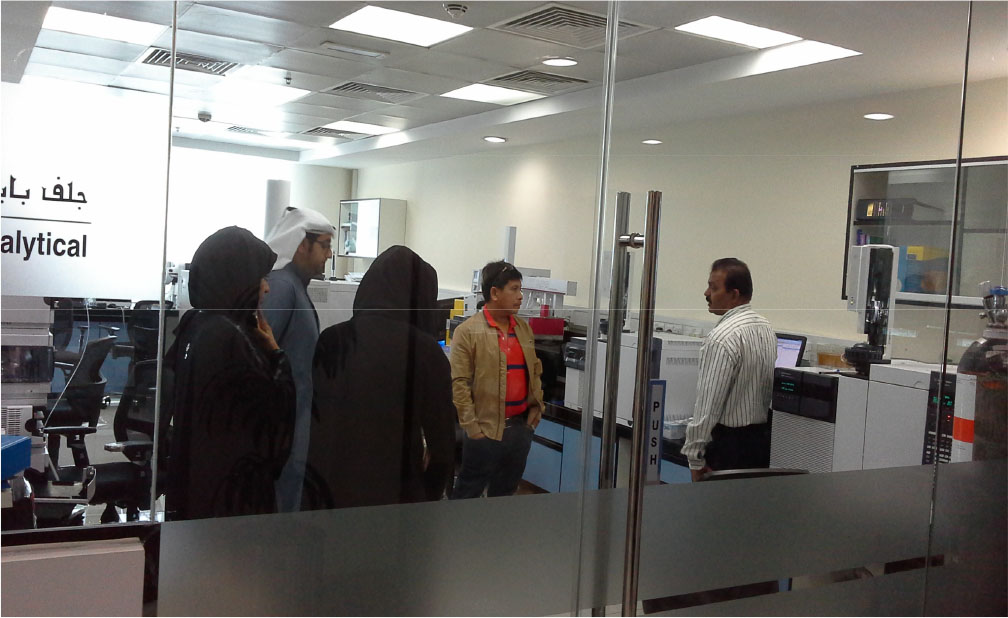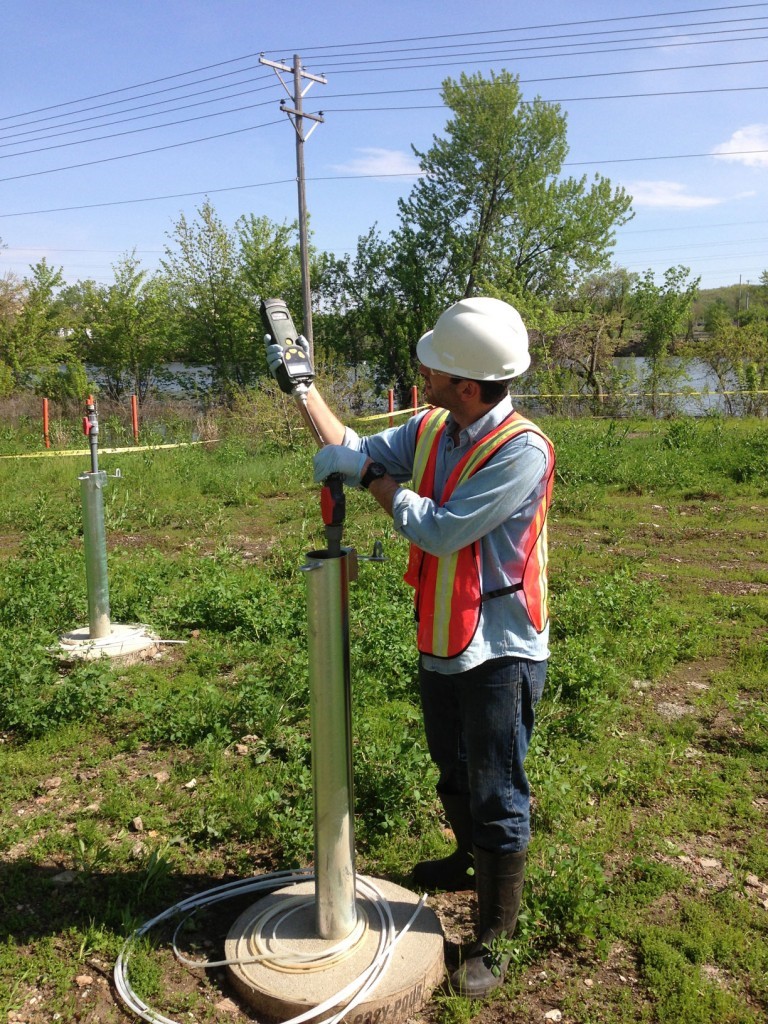Project Description
Why attend
The assessment and monitoring of groundwater quality has always posed a significant challenge – presenting as it does some special problems. It is by no means a trivial task to know exactly what is going on ‘under-our-feet’, when it comes to status and trends of the chemical quality of groundwater, bearing in mind that the resource:
- can be distributed over tens to hundreds of metres below ground;
- is characterised by flow regime dynamics with a time-scale ranging from a few years to various millennia;
- will often be threatened by a myriad of potentially polluting activities;
- is normally subject to gradual, often insidious, deterioration under the pressure of contaminant loading from the land surface.
Groundwater quality monitoring has been a neglected aspect of overall environmental surveillance in many countries, both within the European Community (EC) and (even more so) beyond. Despite the major importance of groundwater resources for the economical provision of public water-supply and its key role in sustaining some aquatic ecosystems, many governments have been reluctant to face the significant capital costs and operational logistics associated with dedicated, custom-built, monitoring networks, and have thus placed far too much reliance on the monitoring of drinking water receptors (mainly deep high-yielding water wells).
Course Objectives
By the end of the course, participants will be able to:
Demonstrate and understanding of:
- the importance of groundwater in society,
- potential impacts on the groundwater resource, and
- the need for groundwater governance.
Grasp the Concepts and Principles underpinning Sustainable Groundwater Governance
Get an approach to conceptual modelling of the flow regime of groundwater bodies in terms of aquifer typologies and visualisation and an introduction to groundwater pollution processes;
Understand the characterisation of groundwater pollutant pressures and behaviour of groundwater contaminants;
Learn groundwater quality standards (in terms of the identification of ‘threshold values’) and the evaluation of groundwater chemical status and trends;
Examine complementary methods and tools for groundwater flow and quality evaluation.
Appreciate the regulatory aspects of groundwater monitoring and be able to correctly interpret groundwater quality monitoring data and results from a regulatory perspective.
Who should attend
The course is designed for groundwater hydrologists, geologists, engineers, chemists, environmental scientists, state/federal regulators, project managers, compliance/regulatory program managers for industry and technical experts.
Course Outline
General Introduction: Objectives of Groundwater Assessment and Monitoring ● Groundwater Monitoring in International Conventions and Agreements ● Groundwater Monitoring Approaches at International Level
Aquifer Typology, (Bio)geochemical Processes and Pollutants Behaviour ● Conceptual Modelling and Identification of Receptors as a Basis for Groundwater Quality Assessment
- Basic Concepts of Contaminant
- Sorption at Hazardous Waste Sites ● The Concept of Sorption ● Factors Influencing Sorption ● DNAPL Transport and Fate – Conceptual Approach
Modelling as a Management Tool ● What Is a Ground-Water Model? ● Content of a Conceptual Model ● Content of a Mathematical Model ● The Porous Medium as a Continuum ● Horizontal Two-Dimensional Modelling ● Major Balance Equations ● Model Coefficients and Their Estimation
LNAPL transport through porous media – General Conceptual Model ● LNAPL Transport Parameters ● LNAPL Migration at the Field Scale ● Fate of LNAPLs in the subsurface
Fate of Metals in the Soil Environment ● Soil Solution Chemistry ● Anions in the Soil Environment ● Soil Properties Affecting Adsorption ● Factors Affecting Adsorption and Precipitation, Reactions
Methods to Collect Biological Samples ● Biological Characterization ● Waste Characterization ● Aquifer Characterization ● Treatability Study ● Design and Implementation of an In-Situ, Bioremediation System ● Operations Monitoring
The workshop
This interactive training course includes the following training methodologies as presented on the next column based on percentage of the total tuition hours:
Lectures
Workshops & Work presentation
Case Studies & Practical Exercises
Videos, Sofware & General Discussion
The course instructor may modify the above training methodology before or during the course for technical reasons with no prior notice to participants.
Falcon Consulting Professionals is established in Greece for the last 15 years in the areas of technical consulting and professional training for the local industries. Falcon is expanding in GCC, aiming to provide the best consulting and training solutions to the industries of the region. Falcon’s instructors are accredited trainers and highly experienced in their fields, as well as adult training. We aspire to build our business relationships on mutual trust. The achievement of results with an emphasis on innovation and sustainability, quality, cost analysis and time scheduling are non-negotiable from the conceptual phase of the training.



